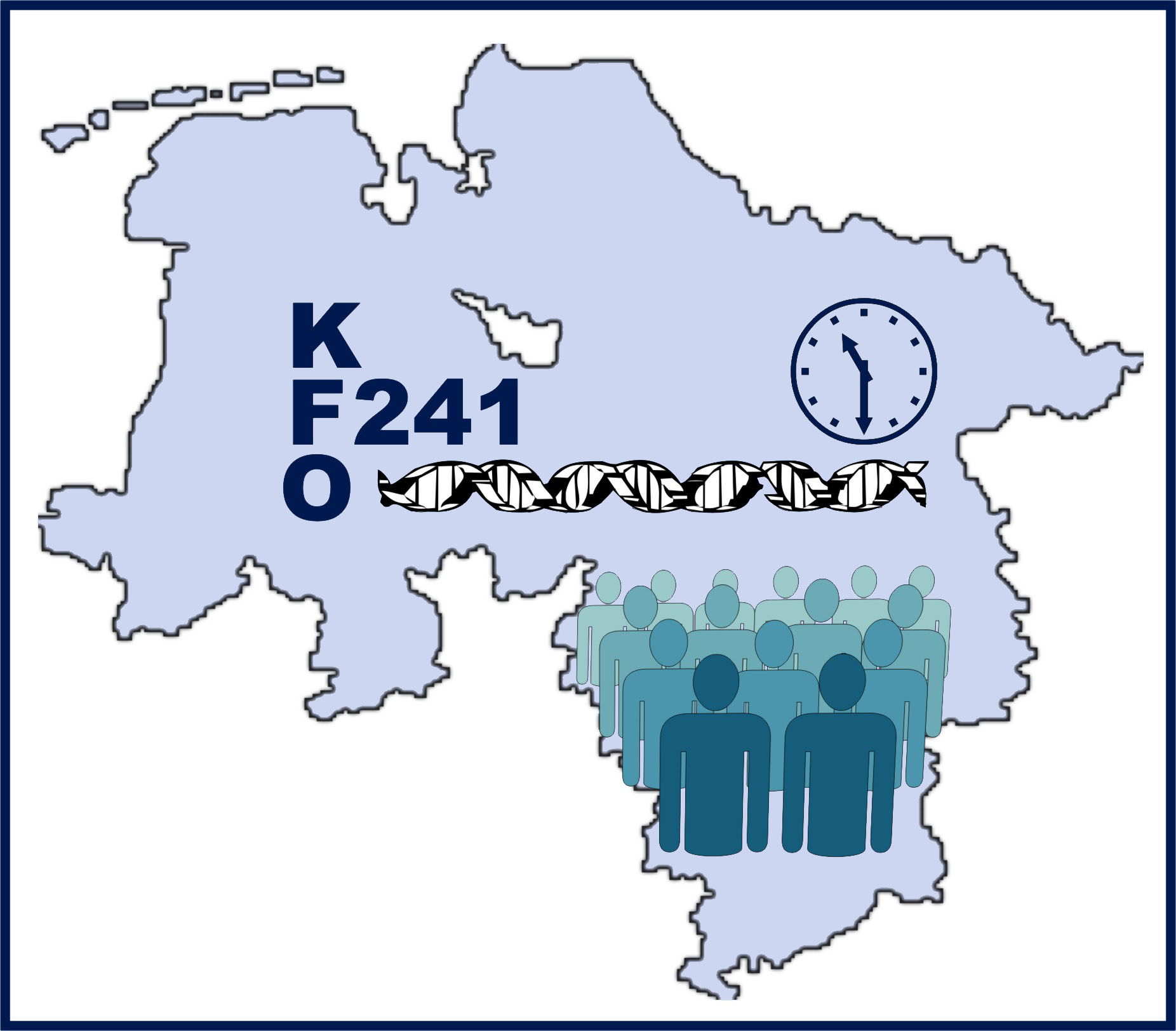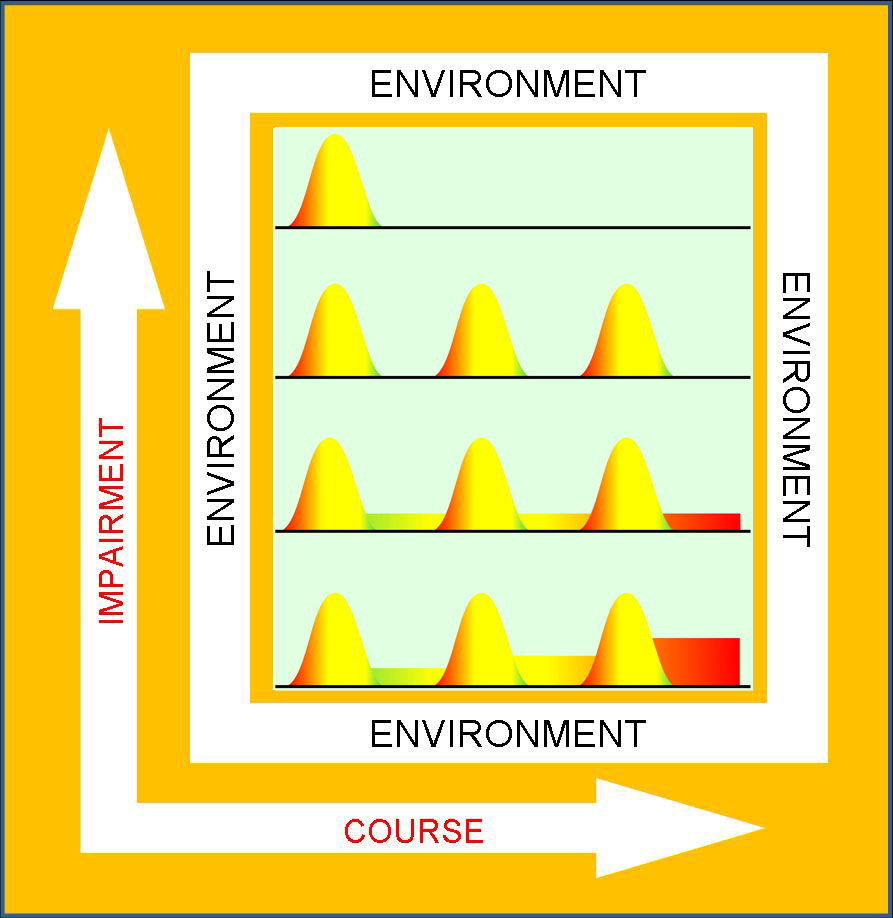As regards bipolar disorder, there is broad consensus of it being a severe, usually lifelong chronic condition, as suggested by several longitudinal studies. According to these data, full recovery from initial episodes is uncommon. In case of full symptomatic recovery, this occurred much slower than early syndromal recovery. Initial depression or mixed states appear as predictors of more depressive episodes and overall morbidity during later stages of the disorder. Initial mania or psychotic features have been reported to predict more manic episodes and a better prognosis.
Furthermore, characteristic polymorphic patterns with mood-dominated, schizo-affective-dominated and schizo-dominated types of course have been described for bipolar disorder. Again, switching between mania and depression within one episode has been suggested as a predictor for poor prognosis. After all, rapid-cycling has been found associated with substantial depressive morbidity and high risk for serious suicide attempts. Yet there is still a lack of data on the course of bipolar disorder across the life cycle, encompassing aspects of phenomenology, severity, and impairment. Recently, on the course and outcome of bipolar disorder, there was urged more research to establish better and more reliable course predictors for individual patients. This holds true for schizophrenia research as well.


